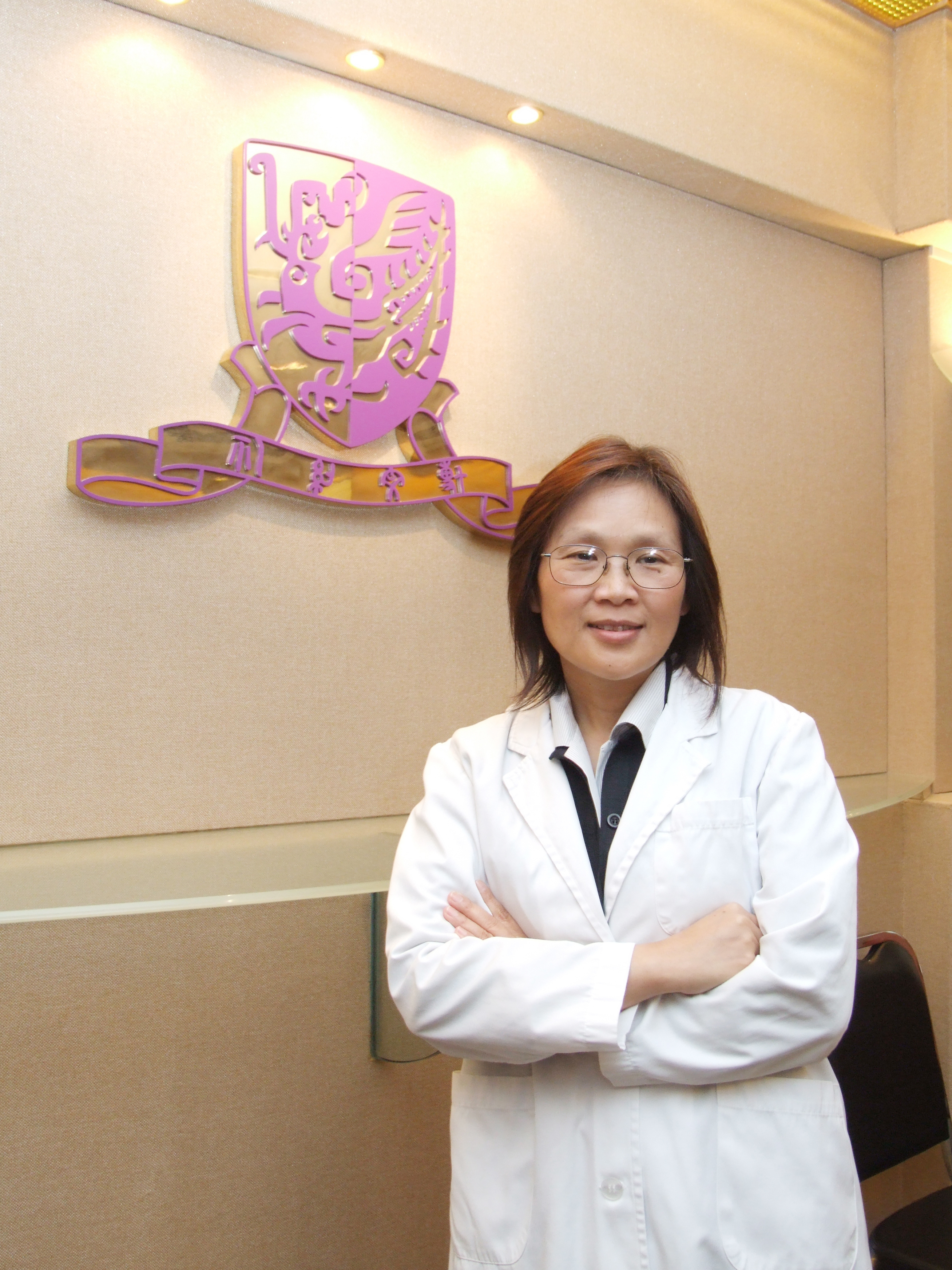CUHK
News Centre
Groundbreaking Study on Female Infertility Chosen as Best Research
A groundbreaking study revealing the role of Cystic fibrosis transmembrane conductance regulator (CFTR) in fertility and infertility by Professor Chan Hsiao Chang of The Chinese University of Hong Kong was recently featured by Nature China, a new web-based publication from Nature Publishing Group, as one of the best research from Hong Kong and Mainland China.
Nature China aims to highlight the best research being produced in Hong Kong and Mainland China in all scientific and medical disciplines to give scientists worldwide an insight into the latest research from Hong Kong and Mainland China. In the past decade, the output of research papers from China, in the Thompson ISI database, has soared from 10,000 papers a year to over 80,000, putting China's output of scientific research at the same level (in numbers) as the UK and Japan. The number of very high impact papers (citations in excess of 20) has increased ten-fold to several hundreds over the last five years.
Professor Chan's article titled “Involvement of CFTR in uterine bicarbonate secretion and the fertilizing capacity of sperm” was first published in the October 2003 issue of Nature Cell Biology. CFTR is a cAMP-activated chloride channel expressed in a wide variety of epithelial cells, mutations of which are responsible for the hallmark defective chloride secretion observed in cystic fibrosis (CF). Although CFTR has been implicated in bicarbonate secretion, its ability to directly mediate bicarbonate secretion of any physiological significance has not been shown. Professor Chan demonstrates that endometrial epithelial cells possess a CFTR-mediated bicarbonate transport mechanism. Co-culture of sperm with endometrial cells treated with antisense oligonucleotide against CFTR, or with bicarbonate secretion-defective CF epithelial cells, resulted in lower sperm capacitation and egg-fertilizing ability. These results are consistent with a critical role of CFTR in controlling uterine bicarbonate secretion and the fertilizing capacity of sperm, providing a link between defective CFTR and lower female fertility in CF.
This work was conducted at the CUHK Epithelial Cell Biology Research Centre and in collaboration with Zhejiang Academy of Medical Sciences. Since its establishment in 1999, the Centre has played an active role in promoting epithelial cell-related multidisciplinary research and made a number of important discoveries. These discoveries not only shed lights into the understanding of how epithelial secretions affect our body functions, reproduction in particular, but also provide leads to the development of new strategies for diagnosis and treatment of infertility as well as for contraception. Professor Chan is Professor of Physiology and Director of Epithelial Cell Biology Research Centre. Her significant contributions to epithelial cell biology have also brought her a number of prestigious awards including National Natural Sciences Award of China in 1997, Distinguished Young Investigator Award by the National Natural Science Foundation of China in 2000, and more recently the 2007-2008 Senior Research Fellowship of The Croucher Foundation.



